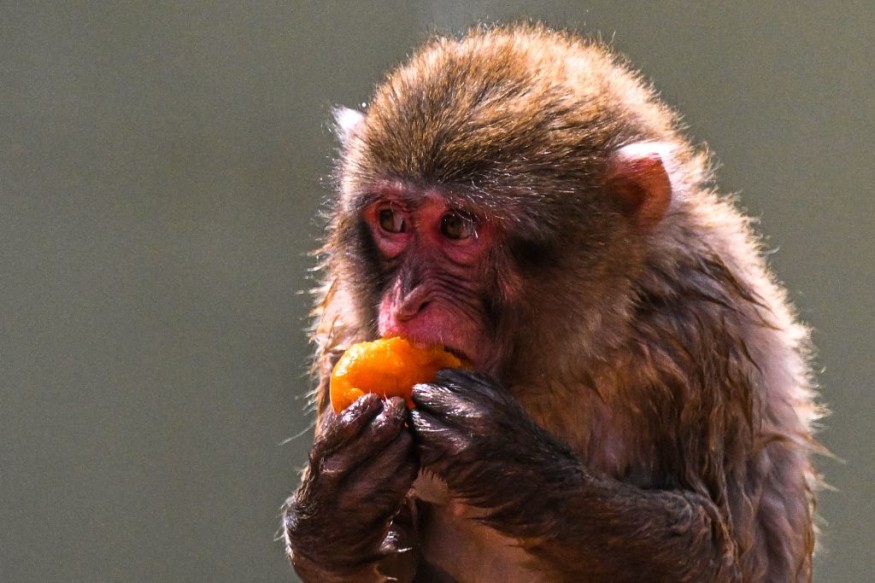Numerous graphic images of monkeys from Elon Musk's Neuralink WON'T be made public, as the brain implant company refutes claims of abuse made by an animal rights organization.
In Legal Trouble?
Elon Musk's Neuralink is involved in a legal dispute with the Physicians Committee for Responsible Medicine over publishing multiple photographs showing monkeys participating in "painful tests."
Elon Musk's Neuralink brain implant firm denies charges of animal abuse. Hence, a collection of graphic images of monkeys allegedly hurt or killed in testing with the technology may not be made public. However, a court struggle to force a California university to do so is ongoing.
The Physicians Committee for Responsible Medicine (PCRM) advocacy group claims to have found that the University of California, Davis has 371 pictures of the monkeys used in the school's veterinary lab experiments.
Lab Monkeys

According to PCRM, which has also filed a lawsuit against Neuralink, the esteemed California institution has hundreds of pictures showing, among other things, "necropsies of animals slaughtered" in the trials.
Musk wants to connect the human brain to a micron-sized gadget that uses "neural-lace" technology to implant microscopic electrodes that, in the future, could allow for mind-reading. The technology will initially be used to assist those with degenerative brain diseases like ALS, but it may also have other applications.
Research director for the Physicians Committee, Ryan Merkley, claims that UC Davis believes the general public is too ignorant to understand what they are looking at.
However, it is evident from the university's press statement that it is merely attempting to conceal from taxpayers that it collaborated with Elon Musk to carry out research in which animals suffered and died.
When asked by DailyMail.com for comment, a Neuralink spokeswoman pointed to a blog post highlighting the company's dedication to animal welfare.
A 6,000-square-foot vivarium for farm animals and rhesus macaques was built by Neuralink in 2020 and is staffed with caretakers passionate about animal well-being, a central tenet of Neuralink's philosophy,' according to that blog post. All the work at UC Davis was approved by the school's Institutional Animal Care and Use Committee, which is required by law.
Neuralink has never had a USDA inspection of its facilities or animal care program result in a citation, according to the business.
The Association for the Assessment and Accreditation of Laboratory Animal Care (AAALAC) International, a non-profit organization that recognizes excellence in animal care, recently granted us accreditation after we applied for it and were successful.
The company claims that it exceeds industry standards for animal care in various ways, including housing, feeding, care, data collecting, and activity, which are all included in the blog article.
PCRM has been referred to as a group against using animals for scientific research by Neuralink. According to PCRM's website, it is "championing approaches to replace animal testing" and "transitioning from animal use to human-relevant" research methods, replacing animals with "simulators," and other such things.
Recognizing the Allegations
The company acknowledged that a few of the rhesus macaque monkeys Neuralink employed to test its brain technology were slaughtered earlier this year due to failures or illnesses. That followed the filing of PCRM's case against Neuralink with the American government. Between 2017 and 2020, the Department of Agriculture made numerous allegations of animal maltreatment.
For more, don't forget to follow Nature World News!
© 2025 NatureWorldNews.com All rights reserved. Do not reproduce without permission.





